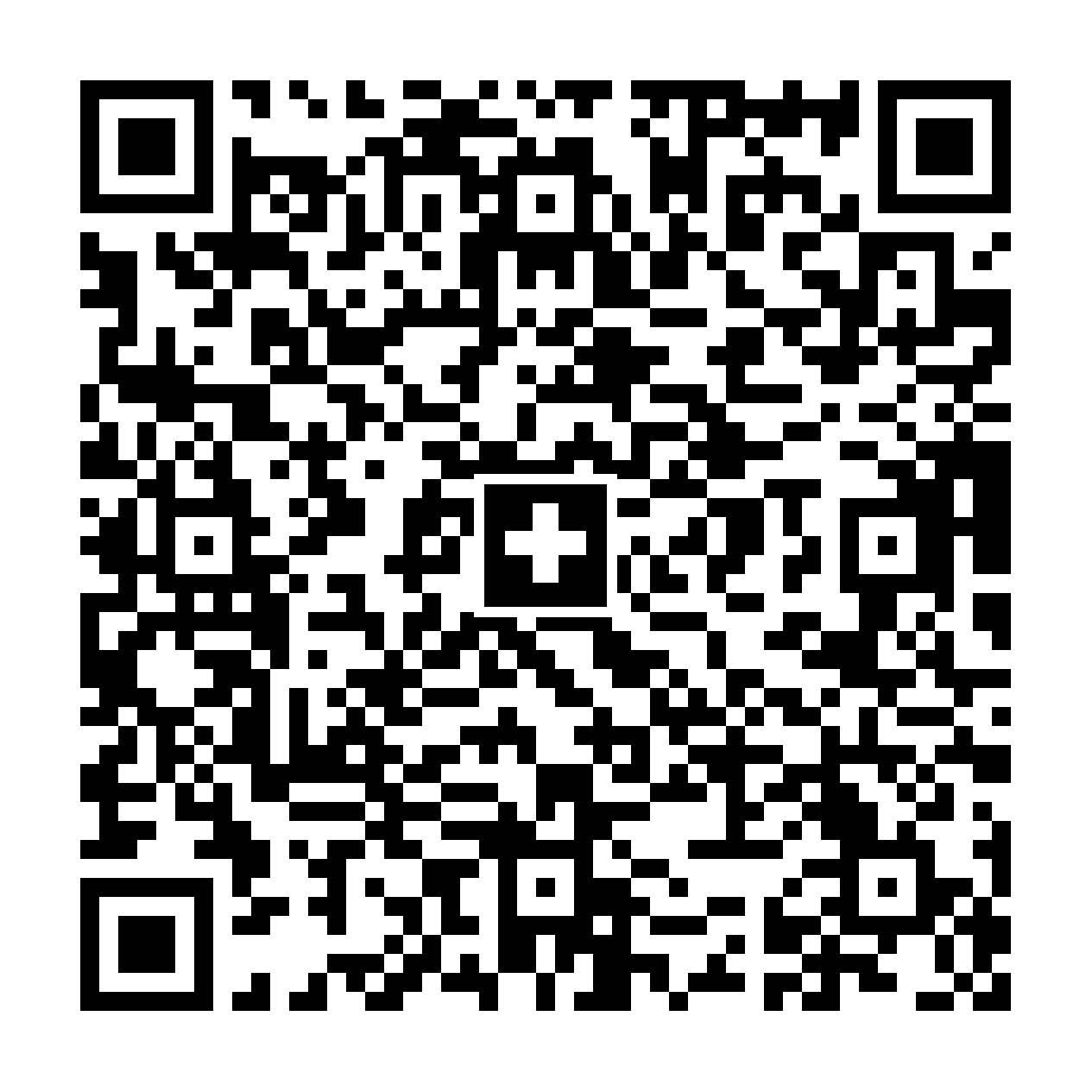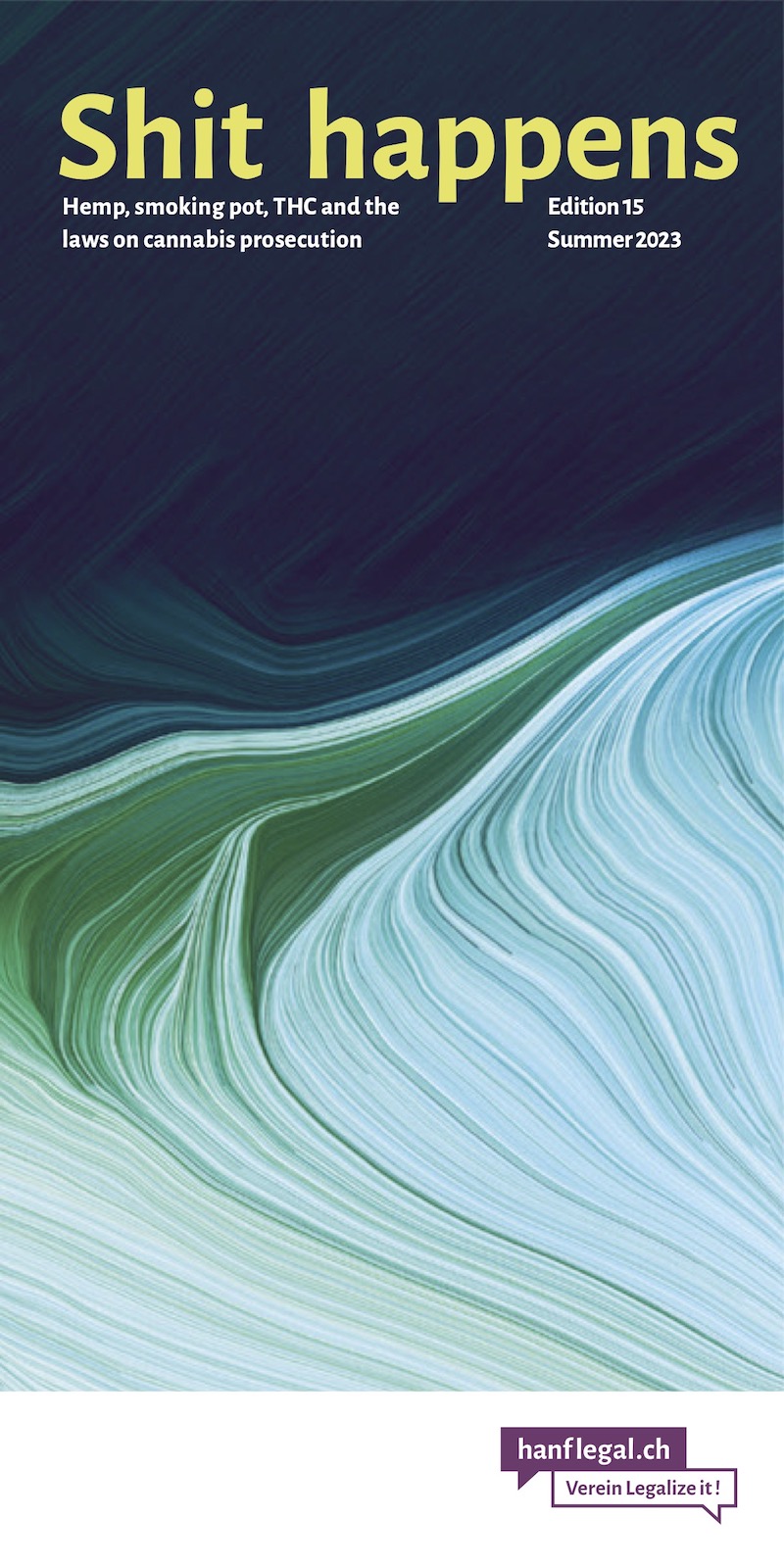- THC & Law:
Table of Contents
When will smoking pot become legal?
Failed NarcA-Revision
For many years, experts, commissions and the Federal Council were discussing and actually wanted to revise, i.e. change, the current Narcotics Law of 1951. All the experts agreed that this was not the way to go. But the project failed - on June 14, 2004, the National Council voted against the revision, sending all the work that had been done over the years down the drain. The revision was dead. Thus, the old law continued to apply.
A popular initiative was collected
In order to put pressure and to show that we really don't like the current law, the committee “Pro Jugendschutz gegen Drogenkriminalität” launched the following popular initiative in July 2004:
“The Federal Constitution is amended as follows: Art. 105a (new) Hemp (1) The consumption of psychoactive substances of the hemp plant as well as their possession and acquisition for personal use shall be exempt from punishment. 2. the cultivation of psychoactive hemp for personal use shall be exempt from punishment. (3) The Confederation shall issue regulations on the cultivation, production, import, export and trade in psychoactive substances of the hemp plant. (4) The Confederation shall take appropriate measures to ensure that adequate account is taken of the protection of minors. Advertising for psychoactive substances of the hemp plant as well as advertising for the handling of these substances shall be prohibited.”
Unfortunately, the initiative was rejected by the people on November 30, 2008 with 63% no. Thus, this attempt to end the wretched criminalization of hemp has also failed.
The partial revision was successful
In order to save the four-pillar policy, a partial revision of NarcA was sent on its political journey in 2005. This proposal was also put to the vote on November 30, 2008. With 68% yes, the voters accepted the partial revision of NarcA. It took the administration almost three years to write the ordinances for it. The partial revision came into force on July 1, 2011.
THC and hemp were actually not the focus of this partial revision. There might be improvements for the medical use of THC (which was totally forbidden before), but the details are not clear yet. But otherwise, there were some penalty enhancements: Passing a joint to a minor, for example, can now be punished very severely. Dealing in the vicinity of educational institutions can also be dealt with more severely.
But basically it has remained the same with regard to THC: Consumption is prohibited and constitutes a contravention, as well as the preparatory acts for it. Distribution is prohibited and constitutes a misdemeanor. Sale is prohibited anyway.
Fixed penalty model?
On the Sunday of the referendum, Pro Juventute and the Teachers' Association were still spreading the idea of extending the St. Gallen model of fixed penalties to the whole of Switzerland. Adolescents who smoke pot would be registered and investigated, while adults would pay a fine without being registered. The proposal of the Committee for Social Security and Health of the National Council SGK-NR was in consultation until the end of May 2011. It will now be submitted to parliament (probably at the end of 2011).
It will not be legal
So we have to say: smoking pot will not become legal. For this to happen, a lot would have to change in our country. Especially among THC users. But there is hardly any willingness to sacrifice money and time, so that a legalization could be achieved. So the repression continues.
Here follows the corresponding "old" text, which was valid until 30.6.2011.
When will smoking pot become legal?
Failed NarcA-Revision
For many years, experts, commissions and the Federal Council were discussing and actually wanted to revise the current Narcotics Law of 1951, i.e. change it. Because all experts agree: this is not the way to go. But the discussions failed - on June 14, 2004, the National Council voted against the revision, sending all the work that had been done over the years down the drain. The revision died. Thus, the old law continued to apply.
A popular initiative was collected
In order to put pressure and to show that we really don't like the current law, the committee “Pro Jugendschutz gegen Drogenkriminalität” launched the following popular initiative in July 2004: “The Federal Constitution is amended as follows: Art. 105a (new) Hemp
- The consumption of psychoactive substances of the hemp plant, as well as their possession and acquisition for personal use are exempt from punishment.
- The cultivation of psychoactive hemp for personal use is exempt from punishment.
- The federal government issues regulations on the cultivation, production, import and export of, and trade in, psychoactive substances of the hemp plant.
- The Confederation shall ensure by appropriate measures that adequate account is taken of the protection of minors. Advertising for psychoactive substances of the hemp plant as well as advertising for the handling of these substances shall be prohibited.”
If this initiative had been accepted, consumption and preparatory acts would therefore have been immediately exempt from punishment. For legal commercial trafficking of THC, the parliament would still have had to enact an implementing law.
By mid-September 2004, 87,300 signatures had already been collected. Finally, over 100,000 certified signatures were submitted by Swiss citizens of legal age. But in the vote at the end of 2008, the hemp initiative failed before the people, but achieved over a third of yes votes.
Partial revision was successful
In order to save the four-pillar policy, a partial revision of NarcA was sent on its political journey in 2005. This proposal was also put to the vote on November 30, 2008. With 68% in favor, the voters approved the partial revision of NarcA. However, it has not yet come into force - the federal administration still has to write the ordinances and needs until October 2010 to do so.
THC and hemp are not the focus of this partial revision. There could be improvements for the medical use of THC (which is still completely forbidden today), but the details are not yet clear. But otherwise there will be some tightening of penalties: Passing a joint to minors, for example, will be able to be punished very severely. Dealing in the vicinity of educational institutions will also be dealt with more severely.
But basically, things will remain the same with regard to THC: consumption is prohibited and constitutes a contravention offense. So are the preparatory acts for it. Distribution is prohibited and constitutes a misdemeanor. Sale is prohibited anyway.
Fixed penalty model?
On the Sunday of the referendum, Pro Juventute and the Teachers' Association were still spreading the idea of extending the St. Gallen model of fixed penalties to the whole of Switzerland. Under this model, young people who smoke pot would be registered and investigated, while adults would pay a fine without being registered. However, many questions remain unanswered here, and the date of entry into force is still in the stars.
It will not be legal
With that, we have to say: It won't be legal. At least not quickly. The maximum for the next few years is the idea of the order fine model for THC consumption. But this is certainly not legalization.
Support our work with a donation:
Bank transfer
Account number (IBAN):
CH02 0900 0000 8709 1354 3
Full account details
Or scan this QR code with your eBanking App (ZKB, Revolut, Postfinance, …):

Or open/share the QR code as PDF file with your eBanking App.
Credit card
Donate via credit card
Verein Legalize it!
Quellenstrasse 25
8005 Zürich
Threema ID 7NH65RBY
Don’t miss anything! Follow us on social media:

